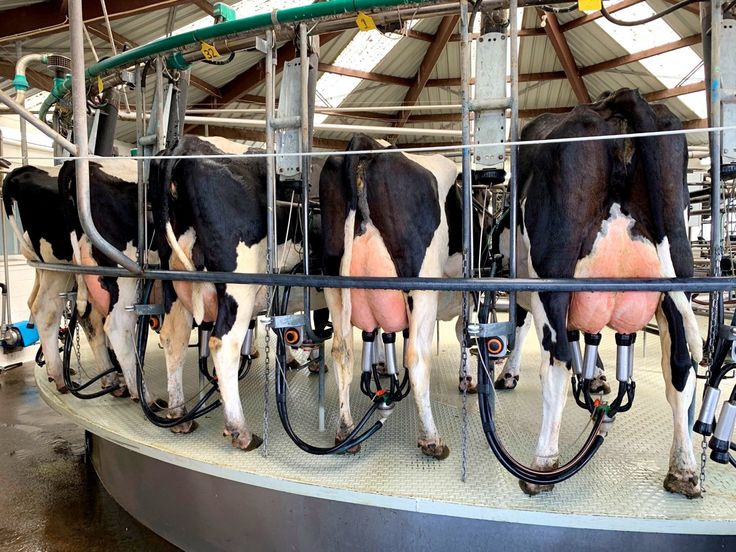Dairy hygiene and milk handling practices play a crucial role in ensuring the safety, quality, and marketability of milk products in Africa. Here are some key reasons why these practices are important:
- Consumer Health and Safety:
Proper dairy hygiene and milk handling practices are essential for safeguarding consumer health. Contaminated milk can carry harmful bacteria, such as Salmonella, E. coli, or Listeria, which can cause foodborne illnesses. By implementing hygiene practices, such as regular cleaning and sanitization of equipment, proper udder hygiene, and adherence to personal hygiene, the risk of bacterial contamination can be significantly reduced. This helps protect consumers from potential health hazards associated with consuming unsafe milk.

- Quality Milk Production:
Maintaining high milk quality is crucial for the success of the dairy industry. Hygienic practices during milk production help prevent contamination, which can lead to off-flavors, spoilage, and reduced shelf life of milk products. By following proper hygiene protocols, dairy farmers can ensure that milk meets the required quality standards, including composition, flavor, and appearance. This enhances the marketability and consumer acceptance of milk products, leading to increased profitability for dairy farmers.
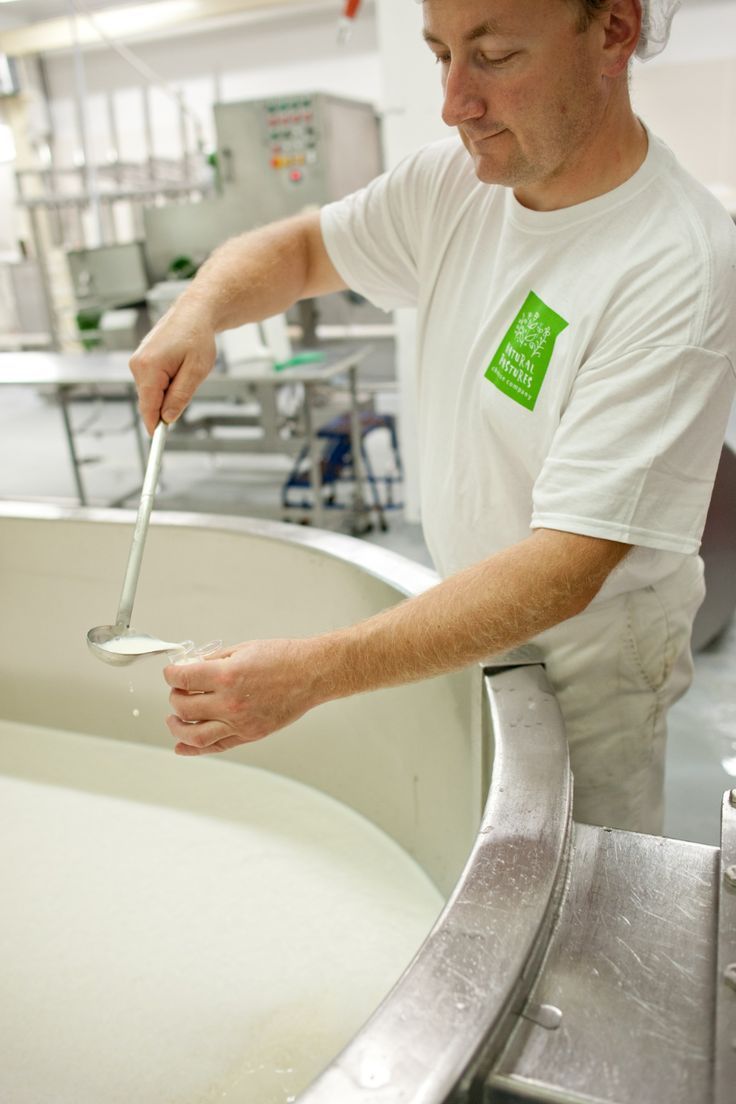
- Compliance with Regulatory Standards:
Adhering to regulatory standards is essential for the dairy industry to demonstrate its commitment to producing safe and quality milk. Regulatory bodies set guidelines and regulations regarding milk quality, hygiene, and safety. By implementing proper dairy hygiene and milk handling practices, dairy farmers can ensure compliance with these standards. This helps maintain industry integrity, facilitates trade, and ensures consumer confidence in the milk products.
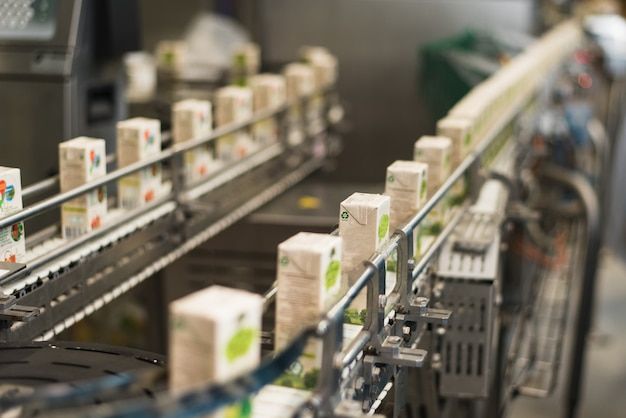
- Prevention of Milk Spoilage:
Proper milk handling practices, such as immediate cooling after milking and appropriate storage conditions, help prevent milk spoilage. Milk is highly perishable and can quickly deteriorate if not handled correctly. Adequate cooling and storage at the right temperature help inhibit the growth of spoilage-causing microorganisms, extending the shelf life of milk and reducing economic losses for dairy farmers. By implementing these practices, dairy farmers can minimize milk wastage and maximize product utilization.
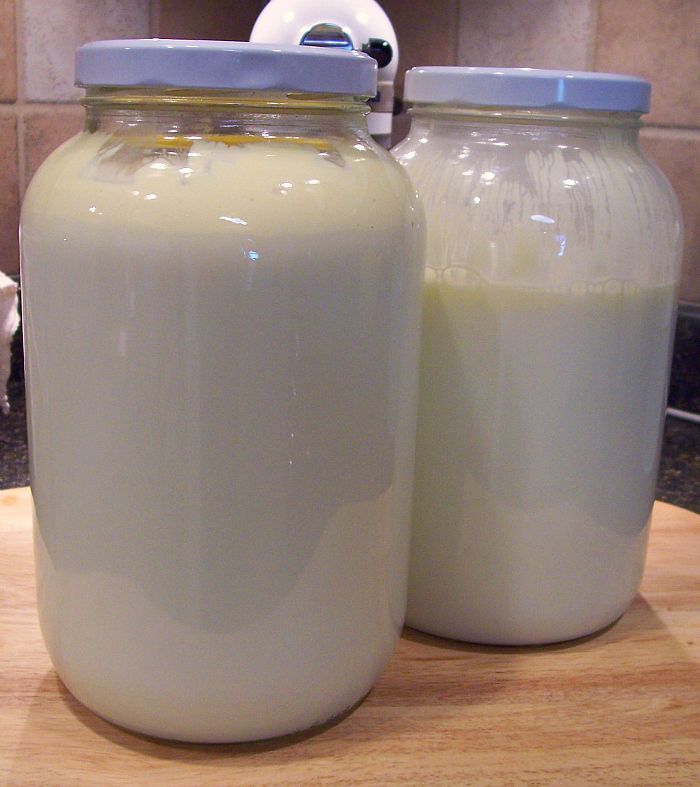
Furthermore, you should Note that our company can help you to start by giving you all the necessary information you need to get started if not yet in the business. Please check our online shop, we have all the standard business proposals for different capacities at very a cheap price made by the best agricultural specialists as well as Standard design plans that are made by the best agricultural architects around the globe. please visit our online shop now using the links below to witness by yourself
Design plans (FARM HOUSE DESIGNS – Kimd Construction & Farm Consultants)
Business plans (BUSINESS PLANS & PROPOSALS – Kimd Construction & Farm Consultants)
Welcome back from visiting our shop, hope you have placed your order for any of our products or you can place it after navigating more of our informative articles.
So let’s continue with our article!
- Economic Sustainability:
Implementing good dairy hygiene and milk handling practices contributes to the economic sustainability of the dairy industry in Africa. High-quality milk products have better market demand and command premium prices. By consistently producing safe and quality milk, dairy farmers can attract more consumers, increase sales, and enhance their profitability. Additionally, complying with hygiene and quality standards opens up opportunities for export, thereby contributing to foreign exchange earnings for the country.
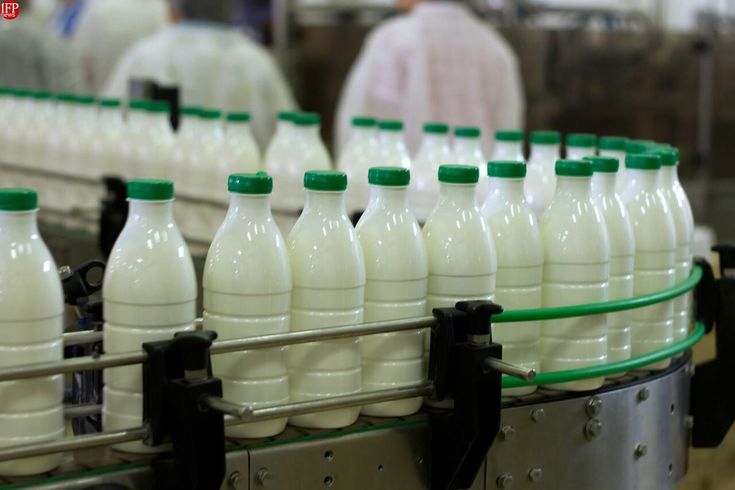
- Reputation and Consumer Trust:
Maintaining good dairy hygiene and milk handling practices helps build a positive reputation for the African dairy industry. When consumers trust the safety and quality of milk products, they are more likely to make repeat purchases and recommend them to others. By consistently delivering safe and high-quality milk, the industry can strengthen its reputation, enhance consumer trust, and establish itself as a reliable source of milk products.
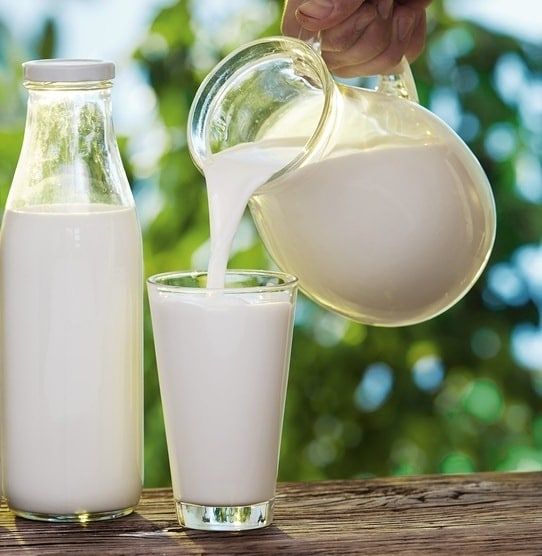
In conclusion, dairy hygiene and milk handling practices are of utmost importance in the African dairy industry. They not only ensure consumer health and safety but also contribute to milk quality, compliance with regulations, prevention of spoilage, economic sustainability, and building consumer trust. By prioritizing these practices, the African dairy industry can thrive and contribute to the overall development of the agricultural sector in the region.

